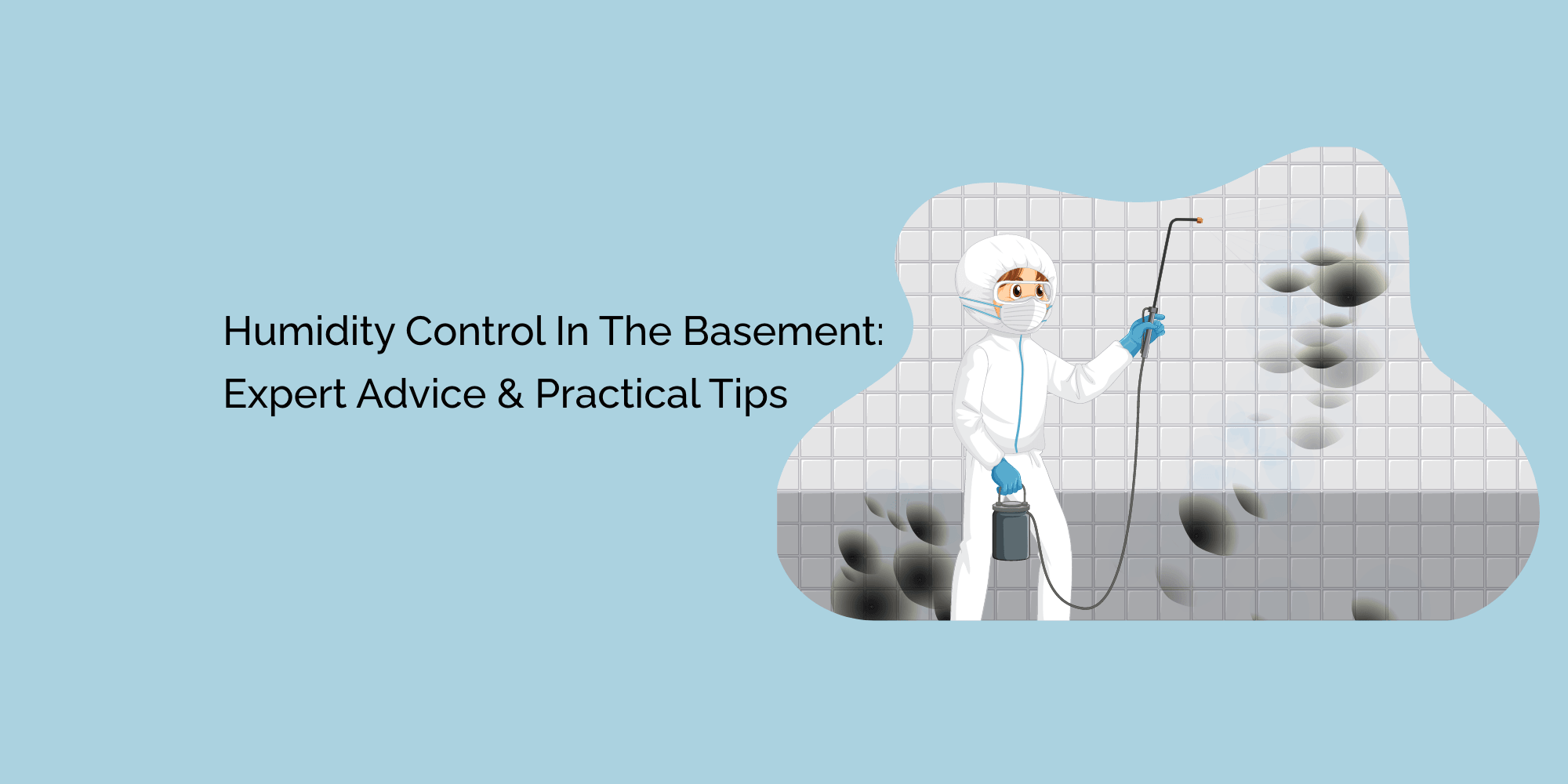Introduction
A damp and humid basement can be a homeowner's nightmare. Excessive humidity creates an uncomfortable environment and poses risks such as mold growth, musty odors, and damage to stored belongings. To maintain a healthy and dry basement, it's crucial to understand the causes of humidity and implement effective control strategies. This comprehensive guide will provide expert advice and practical tips for humidity control in basements. Whether dealing with a current humidity issue or looking to prevent future problems, this article will equip you with the knowledge and tools necessary to achieve a comfortable and moisture-free basement.
Understanding the Causes of Basement Humidity
Before diving into the solutions, it's essential to understand the common causes of basement humidity. Factors such as groundwater seepage, inadequate ventilation, and moisture migration from above-grade areas can contribute to elevated humidity levels. This section will explore these causes in detail, helping you identify the root of the problem in your basement.
Assessing and Monitoring Basement Humidity Levels
Accurate assessment and regular monitoring of humidity levels are vital for effective humidity control. This section will discuss various tools and techniques to measure basement humidity. From simple DIY methods to advanced moisture meters, you'll learn how to gauge the moisture content and determine whether your basement requires intervention.
Basement Waterproofing: A Crucial Step
One of the first steps is to address any water infiltration issues to combat basement humidity. Waterproofing your basement forms a vital foundation for humidity control. This section will cover different basement waterproofing techniques, including interior and exterior solutions, sump pumps, and French drains. We'll explore the benefits of each method, helping you make an informed decision based on your specific situation.
Improving Basement Ventilation
Proper ventilation is essential to prevent moisture buildup in the basement. This section will delve into practical strategies to enhance airflow and promote ventilation. From installing vents and windows to utilizing dehumidifiers and exhaust fans, you'll discover practical ways to keep the air circulating and humidity levels in check.
Controlling Humidity through Insulation and Sealing
Insulating and sealing your basement is crucial for energy efficiency and humidity control. This section will explore the importance of proper insulation and sealing techniques to prevent moisture infiltration. We'll discuss insulation materials, vapor barriers, and air-sealing methods that create a barrier between your basement and external moisture sources.
Dehumidification Solutions for Basements
Dehumidifiers play a significant role in maintaining optimal humidity levels in basements. This section will provide a comprehensive overview of various dehumidification options available on the market. From portable units to whole-house dehumidifiers, we'll discuss their features, benefits, and considerations to help you choose the most suitable solution for your basement.
Additional Tips for Humidity Control
In this final section, we'll share some additional tips and best practices for humidity control in the basement. We'll cover topics such as proper storage and organization, routine maintenance, and regular inspections. By implementing these tips, you can further enhance the effectiveness of your humidity control efforts and ensure a consistently dry and comfortable basement environment.
Certainly! Here are some "People Also Asked" questions related to humidity control in the basement, along with their answers:
Q: How does humidity affect the basement?
A: High humidity levels in the basement can lead to various issues, including mold and mildew growth, musty odors, surface condensation, and damage to stored items. It's essential to control humidity to maintain a dry and healthy basement environment.
Q: Can I use a dehumidifier to control basement humidity?
A: Yes, dehumidifiers are an effective tool for controlling basement humidity. They remove excess moisture from the air, reducing humidity levels and preventing mold growth. Consider using a dehumidifier with a built-in pump for continuous drainage.
Q: Should I seal basement windows to prevent humidity?
A: It's recommended to seal basement windows partially. Proper ventilation is crucial for humidity control. However, you can improve window insulation by using weatherstripping and caulking to reduce air leakage and moisture infiltration.
Q: How can I prevent groundwater seepage in my basement?
A: To prevent groundwater seepage, ensure proper grading around your home's foundation to redirect water away from the basement. Additionally, consider installing a perimeter drainage system, such as a French drain or a sump pump, to manage water accumulation effectively.
Conclusion
Maintaining humidity control in your basement is essential for a healthy and functional living space. By understanding the causes of basement humidity and implementing the expert advice and practical tips provided








